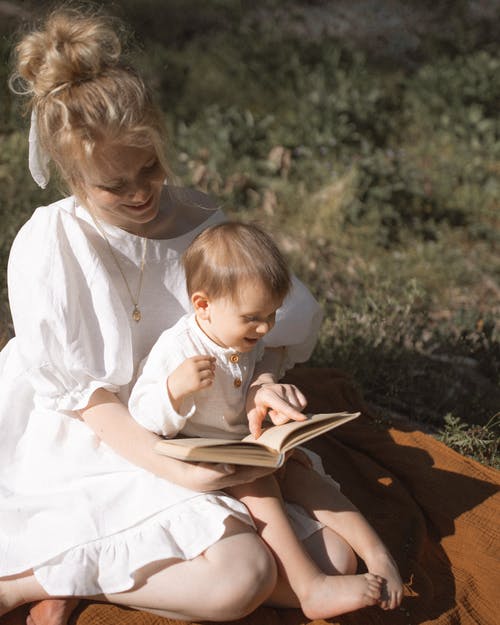Opening up your home to provide temporary care for children in need can be life-changing, both for the carers and the children being fostered. If you’re considering becoming a foster carer for the first time, this guide will walk you through what to expect so you can be fully prepared.
The Application Process
The assessment process for becoming an approved foster carer can take 4-6 months. It involves undergoing background checks, interviews, home visits, and training. This rigorous vetting process ensures that approved carers are capable of providing a safe, nurturing environment for fostered children. Expect to provide extensive information about your family, relationships, lifestyle, health, finances, and motivation for fostering. Assessors will evaluate your capacity to foster based on a number of factors. Patience and an openness to honest reflection is key.
Training
Once you are accepted into a fostering programme, you’ll undergo intensive training on all aspects of foster care. This covers child development, supporting children with trauma, managing challenging behaviours, cultural awareness, and more. Training ensures you have the core skills and knowledge needed to meet the complex needs of fostered children. Be ready to devote substantial time to initial and ongoing training when fostering a child.
Support Systems
Fostering can be an emotional rollercoaster. Having access to robust support systems is vital for the well-being of the entire foster family. Your agency will assign you a supervising social worker who can provide advice and assistance. Peer support groups allow you to share experiences with other foster carers. Make use of respite care to give yourself a break when needed.
As a foster carer, you will receive a fostering allowance to cover the costs of caring for the child. This allowance will be agreed upon with your agency. The allowance is to pay for the child’s food, clothing, activities, school costs, pocket money, etc. Being aware of the financial support available is important when budgeting as a foster family.
Your First Foster Child
The time it takes for a child to be placed with you can vary. Sometimes it happens very quickly; other times you may have to wait longer to be matched with a child that suits your family. When you have been matched with a child and you agree to the placement, you’ll receive background information on them to aid the transition process. The child’s social worker will facilitate introductions between you and the child before moving in wherever possible. Be patient, move at the child’s pace, and keep communication open.
Daily Life
Each day as a foster carer revolves around providing consistent care tailored to the unique needs of the child. Emotional support is key, so be empathetic and actively listen. Help the child feel accepted, valued and secure. Attend meetings regarding education, healthcare, therapy and birth family contact. Work collaboratively with support workers for the best interests of the child.
Saying Goodbye
Saying goodbye when a child leaves can be incredibly tough, even if you’ve fostered a child for a short time. Many foster carers keep in touch with previous foster children. Focus on the positive difference you were able to make and take pride in the progress they achieved.
Becoming a foster carer is challenging yet immensely fulfilling. If you have the patience, compassion and inner strength required, then you can make an incredible difference in a child’s life.







